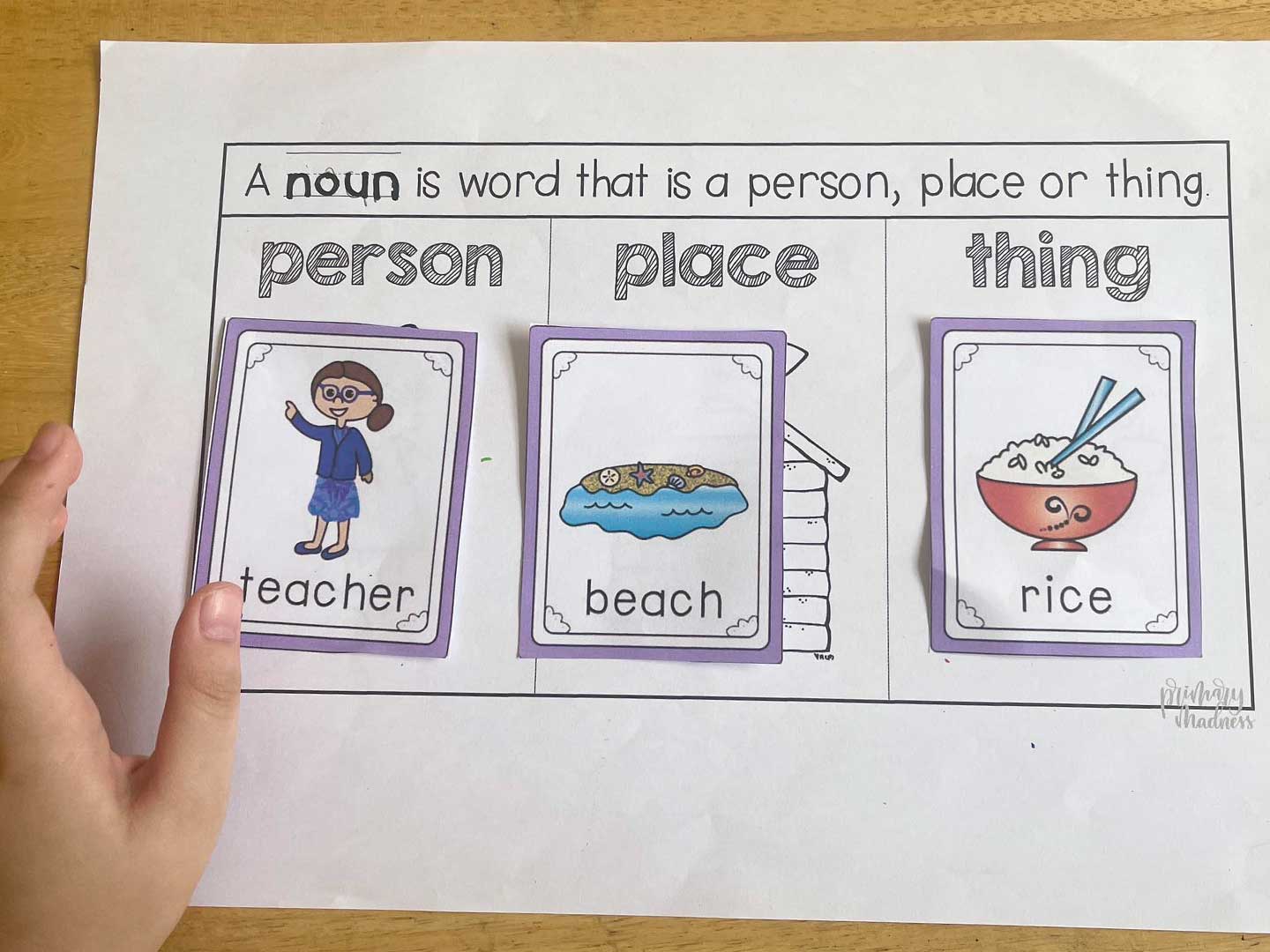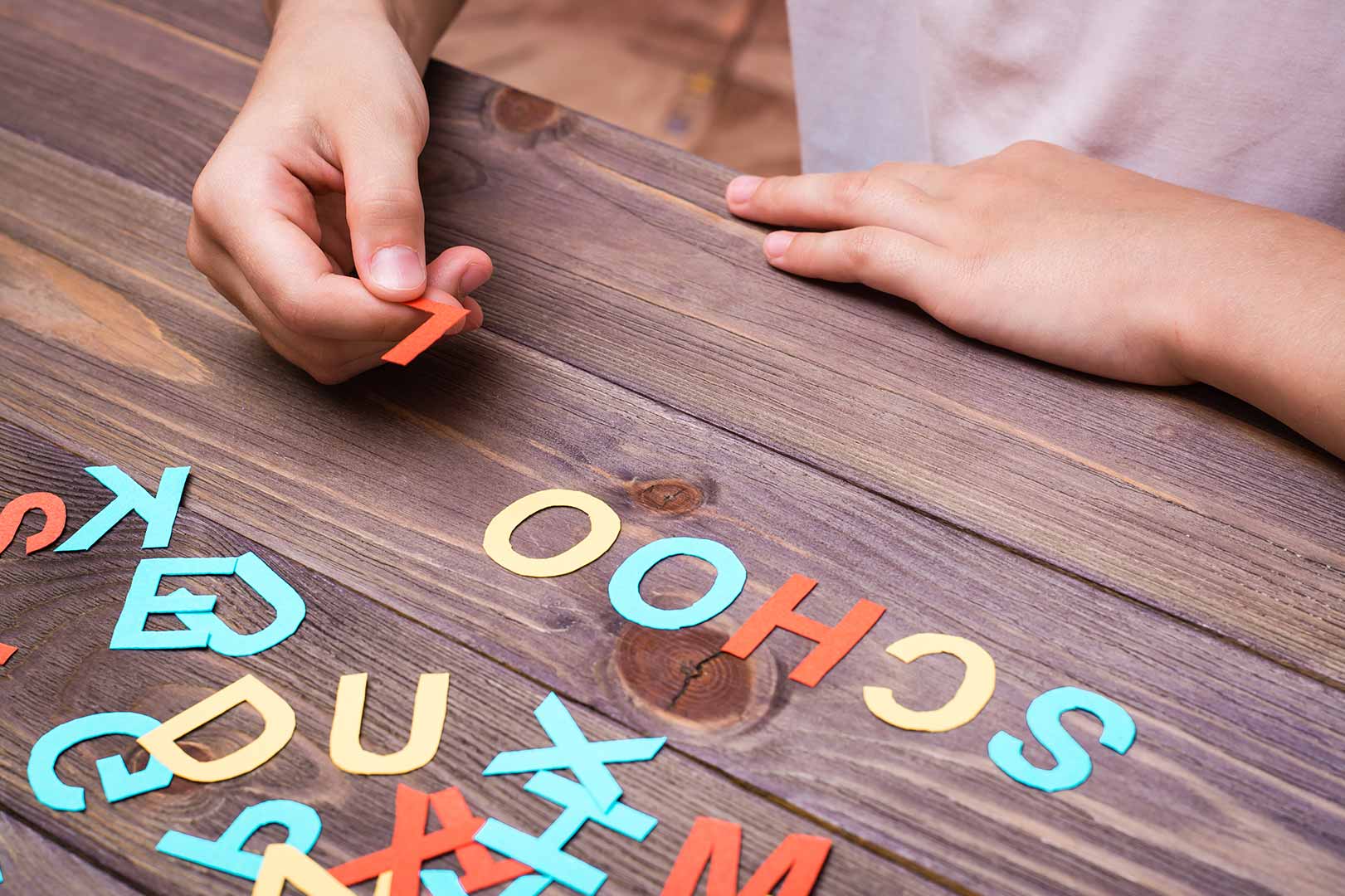Nouns are an essential part of language, and they can be especially challenging for students with special needs (such as dyslexia) to learn. However, there are a number of effective strategies that can help students with special needs master the concept of nouns.
Here are some of the best strategies for teaching nouns to students with special needs:
- Use visual aids. Visual aids can be a great way to help students with special needs understand the concept of nouns. For example, you could use pictures, objects, or even videos to illustrate different types of nouns.
- Make it interactive. Students with special needs often learn best by doing. So, make sure to incorporate plenty of interactive activities into your lessons on nouns. For example, you could have students play games, create their own noun lists, or act out different nouns.
- Use real-world examples. Nouns are all around us, so make sure to use real-world examples in your lessons. For example, you could talk about the nouns that students see in their classroom, in their homes, or in their communities.
- Break it down into smaller steps. Learning a new concept can be overwhelming for students with special needs. So, it’s important to break the concept of nouns down into smaller steps. Start by teaching students the basic definition of a noun, and then gradually introduce more complex concepts, such as plural nouns and abstract nouns.
- Provide plenty of practice. The more practice students have with nouns, the better they will understand and remember them. So, make sure to provide plenty of opportunities for students to practice using nouns in their own writing and speaking.
Dyslexia is a learning disorder that can be challenging, but it is not impossible to teach students with dyslexia. By using a multisensory approach, breaking down tasks into smaller steps, and providing plenty of practice, you can help students with dyslexia succeed.
Find out if your child needs extra support today!
- My child screams hysterically
- My child is mean to other children
- My child is always worried
- My child is scared to go to school
- My child is scared of loud noises
- My child doesn’t know how to read
- My child is scared to play outside
- My child does not respond to his name
- My child always gets in trouble
- My child fights with other children
- My child doesn’t know how to count
If you are concerned about your child’s development, contact us for Assessments: Phone/Telegram: 077.455.993 – Telegram Link: https://t.me/OrbRom
If you are concerned about your child’s development, contact us for Assessments.
Phone/Telegram: 077.455.993 Link: https://t.me/OrbRom






Leave A Comment